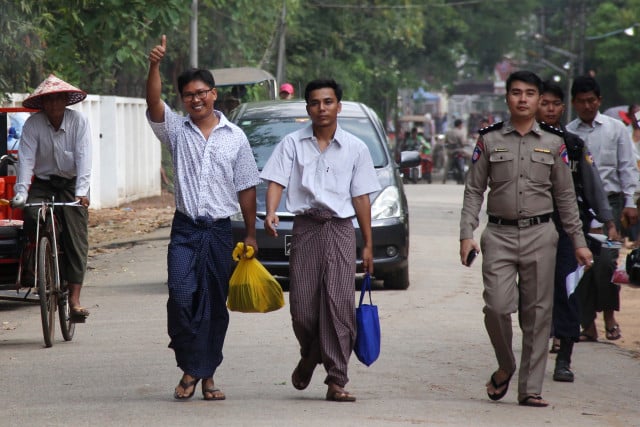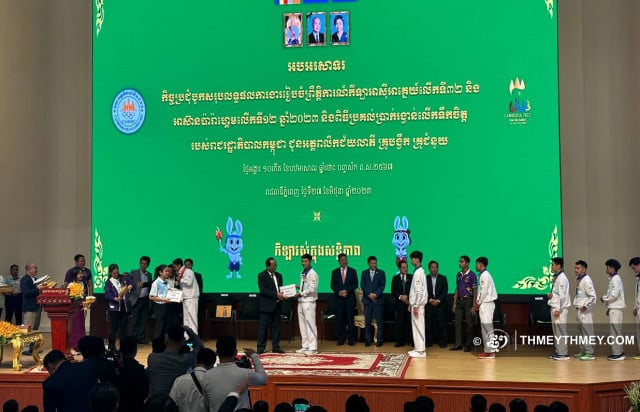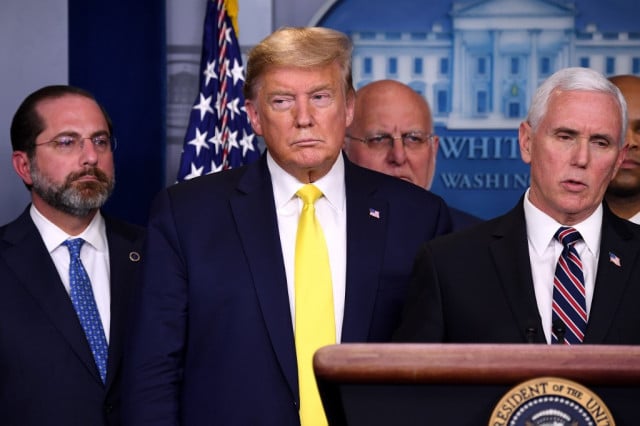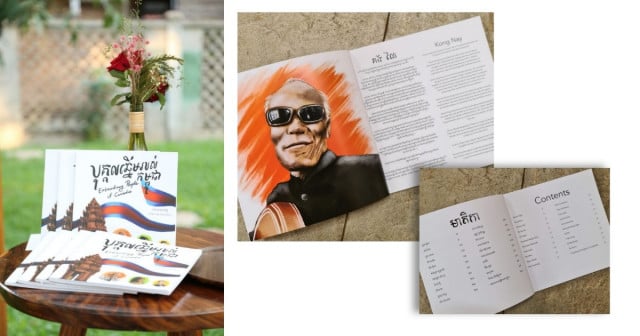Myanmar frees two Reuters journalists in amnesty

- Agence France-Presse
- May 7, 2019 3:17 AM
Yangon, Myanmar | Myanmar freed two Reuters journalists who had been jailed for their reporting on the Rohingya crisis from prison Tuesday following a presidential amnesty, according to video from the agency.
The two, Wa Lone and Kyaw Soe Oo, were mobbed by media as they stepped out of Yangon's notorious prison after spending more than 500 days in detention.
"We are enormously pleased that Myanmar has released our courageous reporters," Reuters editor-in-chief Stephen Adler said in a statement.
"Since their arrests 511 days ago, they have become symbols of the importance of press freedom around the world. We welcome their return."
The pair have been behind bars since their arrest in December 2017 under the colonial-era Official Secrets Act.
They were convicted of possessing classified documents relating to security operations in Rakhine during a brutal military crackdown against Rohingya Muslims that forced some 740,000 to flee over the border into Bangladesh.
Supporters believe the pair were punished for investigating a massacre of 10 Rohingya in Myanmar's western Rakhine state in September 2017. The story earned the team the Pulitzer, one of the top honours in journalism.
Myanmar's armed forces insist the brutal campaign in Rakhine was justified as a means to root out Rohingya militants. But soldiers involved in the massacre investigated by Reuters were jailed.
The case against the journalists has become a cause celebre for press freedom. Prominent rights attorney Amal Clooney joined the legal team, and Wa Lone and Kyaw Soe Oo were featured on the cover of TIME magazine.
Rights groups and legal experts say the case against the Reuters reporters was riddled with irregularities.
A whistleblowing police officer testified during their trial that his superior had ordered his team to trap the reporters in a sting -- testimony the judge chose to ignore.
© Agence France-Presse















